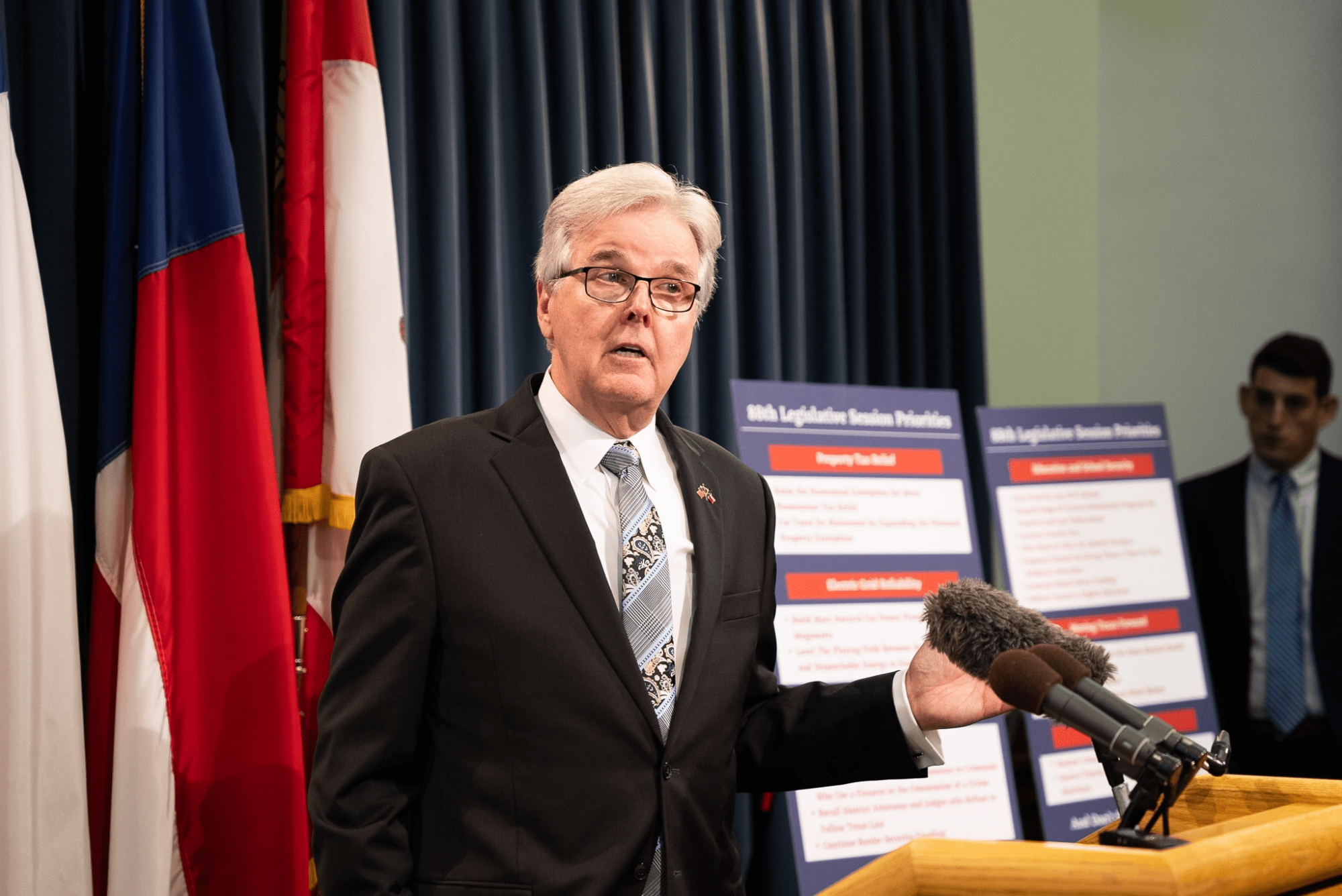For decades, seniors and disabled taxpayers have been allowed to have their property taxes “frozen” at the dollar amount paid as of their 65th birthday or their disability. After paying taxes for 50 years or so, many look forward to a slight tax break once their earning years are behind them.
Recently, however, we’ve begun to see a trend potentially leading to the elimination of the freeze. For instance, here in Montgomery County, our commissioners court reluctantly passed a 20 percent homestead exemption in 2016. It was hailed as “Huge!” Many, including several on the commissioners court, benefited with large tax reductions of $500 to $600. Closer inspection, though, revealed that most senior citizens received zero! This oversight happened, simply stated, because of the lack of coordination between the freeze and the homestead exemption. The blame for this loss by seniors can be shared equally between the Texas Legislature and the MoCo Commissioners Court.
Fast forward to the 86th Legislature. Our legislators did work hard to pass some sort of tax (relief) legislation, namely House Bill 3. The big questions are: Is the relief significant, is it fair, and is it consistent?
The relief/reform is part tax rate reduction and part restriction of tax revenue growth. There is concern as to whether that $5 billion will actually go to rate reduction or be viewed as compensation to offset restrictions on revenue growth. Time will tell.
The question of fairness is more straightforward. Many seniors/disabled with tax freezes simply will not see a dime of the so-called tax relief. Is it fair that roughly 20 percent of taxpayers will be excluded from this tax reduction? If the effort to fund this “relief” by a sales tax increase had succeeded—which could still happen—senior/disabled taxpayers would have seen an actual tax increase! The implementation of this “relief” is clearly unfair.
Is this relief technique consistent with the efforts of previous legislatures? By its nature, the freeze is a long-term concept. The first year that a senior/disabled person is allowed a freeze, their net savings amount to zero. By year 10 or 20, the savings become significant. Allowing the freeze to “reset” any time a taxing authority changes rates or exemptions would violate the design of the freeze. Consequently, legislatures for many decades took pains to protect the property tax freeze for their senior/disabled constituents. They did this by providing specific tax code instructions to county tax collectors, detailing precisely how to calculate or “refreeze” the tax limitation for those who were affected by tax changes.
In 1997, the Texas Legislature mandated an increase in the ISD homestead exemption from $5,000 to $15,000. In 2007, school tax rates were reduced across the state. In 2015, the ISD exemption was increased from $15,000 to $25,000. Left unchecked, each of these events could have severely diminished, or even negated, the benefit of the freeze. Fortunately, the legislatures from those years chose not to abandon the seniors/disabled and provided a tax code fix. For the most recent year, 2015, the Texas Property Tax Code, Section 11.26 states: ”The legislature shall provide for a reduction … equal to $10,000 multiplied by the 2015 tax rate”. This provided the exact same tax reduction that other taxpayers received insuring that all taxpayers benefited from the tax reduction. Unfortunately, the 86th Legislature did choose to abandon the seniors/disabled and enacted tax reduction legislation that will benefit some, but not all, Texas taxpayers!
Texas has thousands of special purpose taxing districts plus hundreds of RUDs, MUDs, ISDs, counties, etc. Many of these offer homestead exemptions and/or tax freezes as options provided by the Texas Legislature. As these independent entities manipulate their rates and exemptions, seniors/disabled taxpayers freezes are at risks. This has been happening in recent years, and the legislature is and has been fully aware of the problem.
In Montgomery County, we have had in-depth discussions with State Rep. Steve Toth, Sen. Brandon Creighton, and their staffs, as well as briefer conversations with staffers for Sen. Paul Bettencourt and Sen. Larry Taylor. They have been “empathetic” but not willing to take a stand for the seniors/disabled taxpayers.
Lt. Gov. Dan Patrick actually campaigned on the senior/disabled freeze. Yet the attitude from his office is, in essence, “Seniors can take a hike.”
There is clearly a change in the legislative direction. If senior/disabled exemptions, as well as those for veteran and other groups, are eliminated through attrition or other means, the tax revenue would substantially increase. Perhaps the homestead exemption is next?
Our legislators are very aware of this issue. It’s up to taxpaying citizens to keep in touch with our senators and representatives to let them know how important the property tax issue is and how serious we are about expecting equal representation from them.
This is a commentary published with the author’s permission. If you wish to submit a commentary to Texas Scorecard, please submit your article to submission@texasscorecard.com.





